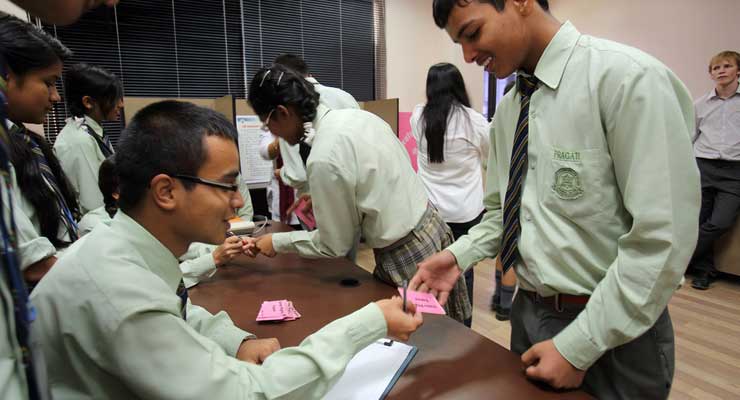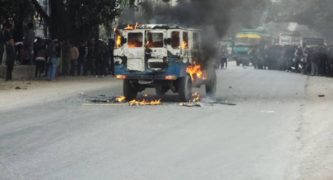
From Human Rights Watch
Nepal moved to a federal structure of governance during 2018, and held national and provincial elections, but failed to deliver justice for the country’s decade-long conflict that ended in 2006, Human Rights Watch said today in its World Report 2019.
Nepal also failed to take steps to properly protect the rights of women and girls, particularly those from minority Dalit or indigenous communities, who remained at risk of sexual violence, early marriage, and other abuses.

“Nepali authorities have agreed on a new constitution and should now make robust efforts to address entrenched discrimination and a culture of impunity,” said Meenakshi Ganguly, South Asia director. “As a first step, victims from the conflict need answers, justice, and reparations, and the government should not water down this promise.”
In the 674-page World Report 2019, its 29th edition, Human Rights Watch reviewed human rights practices in more than 100 countries. In his introductory essay, Executive Director Kenneth Roth says that the populists spreading hatred and intolerance in many countries are spawning a resistance. New alliances of rights-respecting governments, often prompted and joined by civic groups and the public, are raising the cost of autocratic excess. Their successes illustrate the possibility of defending human rights – indeed, the responsibility to do so – even in darker times.
Read full report here.
Leave a Reply